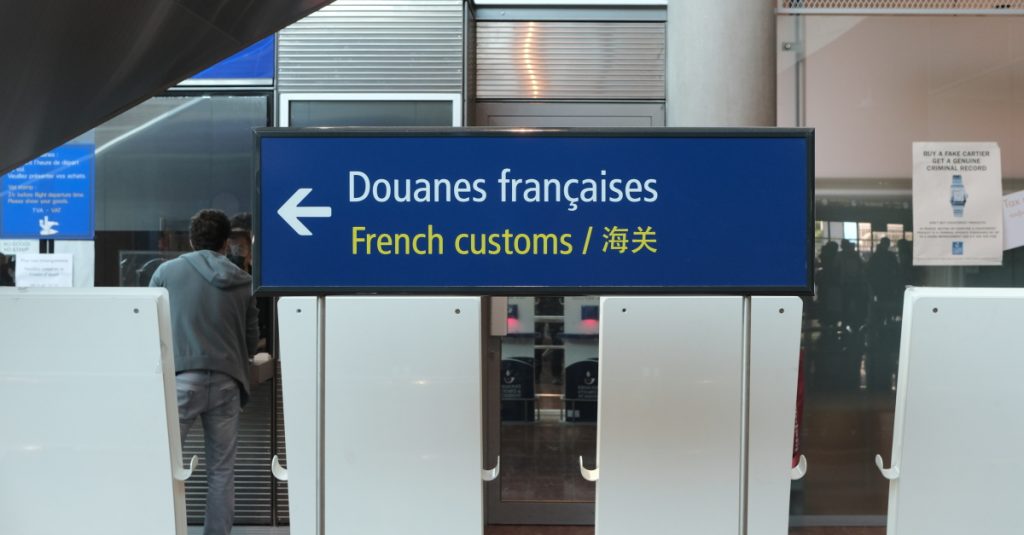The potential introduction of increased aviation taxes in France has triggered a strong response from the aviation industry.
Airlines and airports across Europe voice their opposition, citing concerns over economic, competitive, and environmental impacts.
Proposed Tax Increases
European airlines and airports express substantial concern over France’s potential increase in aviation taxes. The move is perceived as reactionary, aimed at reducing the national debt without a comprehensive analysis of its broader economic impact. Key industry players warn that such tax hikes could significantly impair the aviation sector’s competitiveness and economic contribution.
Several countries have recently reconsidered or reversed their aviation tax policies due to negative economic repercussions. Olivier Jankovec, ACI Europe director general, noted that such decisions were rooted in avoiding harm to their economies, suggesting France might face similar challenges if it proceeds.
Economic Impact Assessment
Industry representatives from A4E and ACI EUROPE have called for a thorough economic impact assessment before any tax increases are finalised. They stress the necessity of evaluating the potential economic and social consequences, which they argue have not been adequately addressed by the French government to date.
An economic impact assessment would ideally include projections for national GDP per capita. Jankovec highlighted that every 10% rise in direct connectivity could positively influence GDP per capita by 0.5%.
Implications for Competitiveness
The proposed tax hikes threaten to undermine the competitiveness of French aviation. Airlines for Europe Managing Director Ourania Georgoutsakou stated that instead of boosting revenue, the tax increase might lead to a fragmented aviation market and weaken the aviation sector’s overall competitive edge.
Additionally, there are concerns regarding the impact on consumer welfare. The proposed changes could lead to reduced connectivity and increased travel costs, subsequently diminishing consumer welfare and satisfaction.
Environmental Considerations
The planned taxation changes come at a crucial moment for the aviation industry, which is striving to meet ambitious decarbonisation targets. ACI Europe and A4E stress that redirecting financial resources away from the sector due to increased taxes could hinder investments in essential sustainable technologies.
Georgoutsakou argued that the financial burden imposed by higher taxes could delay or deter advancements in decarbonisation efforts. The aviation sector requires substantial funding for its transition towards environmental goals, which may be jeopardised by the proposed fiscal measures.
Comparative International Strategies
The tax approach in France significantly contrasts with strategies adopted by other European countries. Several countries have opted to diminish or abolish aviation taxes due to their adverse economic effects, such as Austria, Ireland, and Sweden. These nations recognised that fostering economic growth required supportive rather than punitive fiscal policies.
France’s proposed policy could position it unfavourably compared to its European counterparts. Economies thriving on the aviation sector’s dynamism have prioritised policies that enhance rather than restrict industry progress.
Sector-Specific Financial Needs
The aviation industry’s financial landscape is already strained, with increasing demands for fund allocation towards infrastructure modernisation and sustainability projects. The government is urged to consider these specific needs rather than imposing additional fiscal pressures. Failing to accommodate these necessities could stunt the industry’s growth trajectory.
Without acknowledging the sector’s unique financial requirements, the government risks exacerbating existing challenges. A more supportive fiscal framework is advocated for the continued growth and stability of aviation within France.
Industry Calls for Support and Collaboration
Industry stakeholders emphasise the importance of collaborative efforts between the government and the aviation sector to achieve mutual goals of economic growth and environmental sustainability.
The aviation sector seeks government partnerships that align tax policies with broader industry objectives, ensuring aligned strategies that benefit both the national economy and the sector’s long-term viability.
The discourse surrounding proposed aviation tax hikes in France underscores the industry’s demand for informed policymaking.
Collaborative efforts are urged to ensure tax policies align with economic and environmental objectives.

